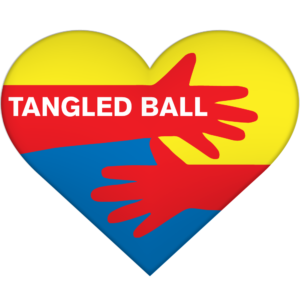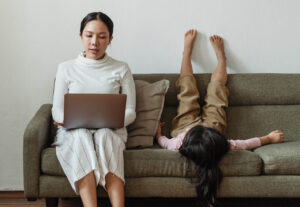 As a parent, a citizen and an advocate for kindness, equality and respect, my heart is so heavy.
As a parent, a citizen and an advocate for kindness, equality and respect, my heart is so heavy.
I’m sorry parents. This is an extraordinarily difficult time. Hard enough to have your lives upended with COVID-19 but now you’re put in a position of trying to explain to your children what has inspired so much hate, tension, frustration and unrest.
“Our kids are feeling the impact of the pandemic, including its disproportionate impact on people of color. And now, they’re seeing police brutality and violence aimed particularly at Black lives in a constant stream of images and posts on TV and social media. “As much as you want to keep it in the background, it’s not in the background,” writes pediatrician Jacqueline Dougé, co-author of the American Academy of Pediatrics statement on effects of exposure to racism, and racialized violence. “It’s having direct health effects on kids.” — Common Sense Media, How to Talk to Kids About Racism and Racial Violence
How to talk to kids about the events surrounding George Floyd’s death? This is a hard one but the following resources may help.
Child Mind Institute, a solid source on many topics impacting kids gives great advice in their article, Racism and Violence: How to Help Kids Handle the News.
On Saturday, June 6th, CNN and Sesame Street are hosting Coming Together: Standing Up to Racism. Having worked at Sesame Workshop on various projects, I have confidence that no matter how old we are, we’ll learn something. They are masters at boiling down difficult subjects and asking the innocent questions. It’s the questions that may bring about change.
Actually, I felt this article in USA Today was one of the most thorough pieces. It’s worth a read to get solid guidance: make the conversation age appropriate, honest, and safe.
The segment in Good Morning, America sums it up this way: tell the truth; celebrate the differences and set the example as parents.
“In order to understand the present, we have to understand the past, and it might mean that you don’t know all the answers and you don’t feel confident even talking about this with your children. But that means that you could do some work to learn the answers to these questions,” she said. “You can take the time to read up on this and this could be something even that you do with your children.” — Margaret Hagerman, sociologist and author of White Kids: Growing Up With Privilege in a Racially Divided America.
Interested in children’s books? Try these.
There is so much more to learn, to teach and to be said. Let’s start somewhere.
“The challenge for parents is how to protect their children from seeing so much violence through television and social media outlets while simultaneously explaining to them the difference between good behavior and bad behavior,” Cherlette McCullough, Family Therapist
Our children’s childhoods are being challenged: staying indoors, everything cancelled including graduations, birthday parties, and holidays, camp and so much more. And the big worries include a parent losing a job or someone being or getting sick. And now, witnessing or at least becoming aware of the injustice and violence in their country.
Thank you for being there for them when you may feel confused and saddened, too (and before having an important conversation with your kids, make sure you’re feeling ok first.) Thank you for teaching them how to respect themselves and others. It all comes down to that — but it’s not easy to get at the core. It’s a tangled ball. As a reminder, it’s messy and complicated but if we can take out one string at a time, like raising leaders, we’ll get there — together.
Even in the worst of times, here’s a quick reminder of what bravery and compassion look like.





